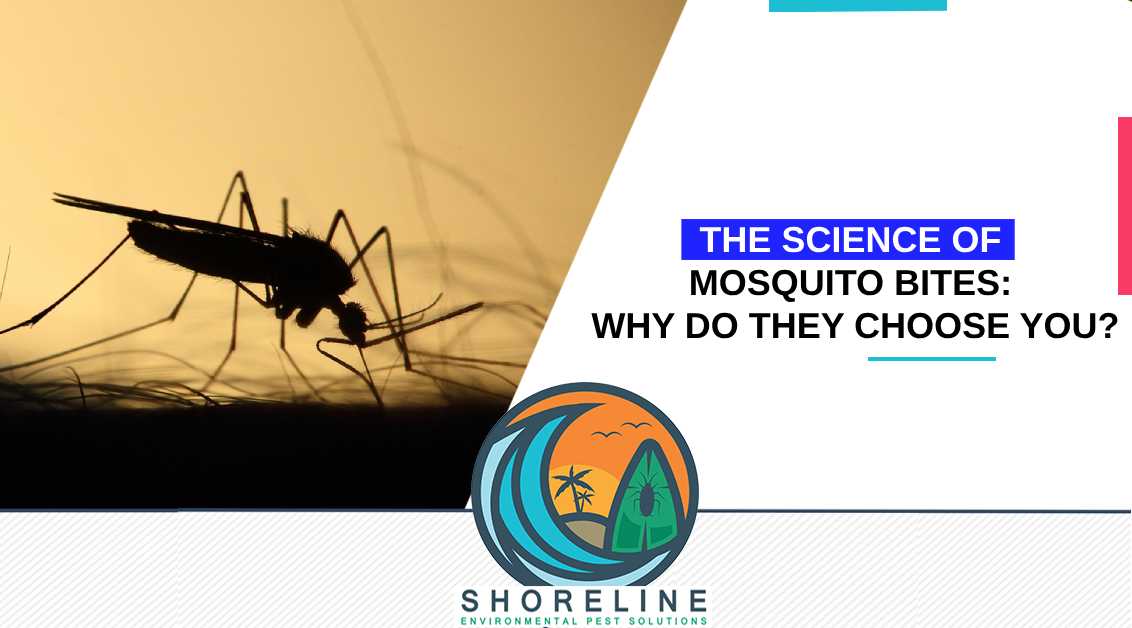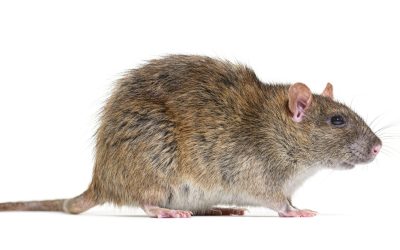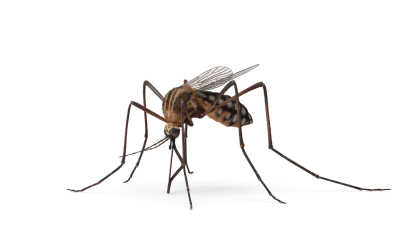Mosquitoes are the uninvited guests at our outdoor gatherings, buzzing in with the sole intention of turning us into their blood meal. We’ve all experienced the relentless itch, the swollen welts, and the burning question – why do mosquitoes seem to favor some of us over others? In this exploration of the science of mosquito bites, we aim to shed light on this vexing mystery, revealing the factors that make specific individuals more attractive to these tiny, bloodthirsty insects.
Mosquito Species and Their Preferences
Not all mosquitoes are created equal, and their preferences vary. Some species prefer the blood of birds, while others favor mammals, including humans. Why the distinction? It boils down to genetics and environment. Certain mosquito species have evolved to thrive in specific habitats and developed preferences for hosts that are readily available in those environments.
The Attractiveness of Carbon Dioxide
Mosquitoes have a remarkable ability to detect carbon dioxide (CO2), and it’s one of their primary cues for finding a host. Humans exhale CO2 with every breath, creating a plume of this gas that mosquitoes can detect from a distance. This is why they often target us while we breathe, especially during activities that increase CO2 production, like exercising or simply being in a warm room.
Body Odor and Lactic Acid
Our bodies emit various scents, some of which can be particularly enticing to mosquitoes. Body odor, influenced by factors such as genetics, diet, and hygiene, plays a role in mosquito attraction. Mosquitoes are also drawn to compounds like lactic acid, uric acid, and ammonia found in sweat and skin. Interestingly, certain people produce more of these compounds, making them more attractive targets.
Heat and Body Temperature
Mosquitoes are attracted to heat and warmth. When we’re active or sitting in warm environments, our bodies emit more heat, making us more appealing to mosquitoes. They have specialized sensors that allow them to detect these temperature changes. Wearing dark clothing can also make us absorb and radiate more heat, making us more accessible targets.
Blood Type and Genetics
Believe it or not, your blood type can influence your attractiveness to mosquitoes. Research has shown that individuals with Type O blood tend to be more susceptible to mosquito bites than those with Type A or Type B. Genetics also play a role in mosquito preference. Some people are genetically predisposed to produce certain chemicals that mosquitoes find less appealing.
Clothing and Color Choices
The clothes we wear can either attract or deter mosquitoes. Dark clothing, especially in shades of black, navy, and red, can make us more visible to mosquitoes. Light-colored, loose-fitting clothing is generally less attractive to them. Additionally, wearing clothing treated with mosquito repellent can provide extra protection.
Time of Day and Environmental Factors
Mosquitoes are not equally active throughout the day. Some species are more active during dawn and dusk, while others prefer the nighttime. Weather conditions like humidity and wind can also impact mosquito behavior. Understanding when and where mosquitoes are most active can help you avoid their bites.
Repellents and Protective Measures
Protecting yourself from mosquito bites involves understanding why they’re attracted to you. Mosquito repellents containing DEET, picaridin, or oil of lemon eucalyptus can be highly effective. Additionally, using mosquito nets and screens and avoiding outdoor activities during peak mosquito hours are all practical measures for reducing your risk of bites.
Preventing mosquito infestations begins with simple yet effective steps you can take at home. Eliminating sources of standing water, such as clogged gutters and containers, is crucial, as these serve as breeding grounds for mosquitoes. Mosquito repellents and protective clothing can provide a shield against bites, particularly in high-risk areas. However, for comprehensive and long-lasting protection, enlisting the expertise of professional pest control services is a wise choice.
Pest control experts know how to identify and eliminate mosquito breeding sites that might elude the untrained eye. They can also tailor treatment plans to suit your specific needs and the unique characteristics of your property, ensuring that mosquitoes are kept at bay. You can enjoy a mosquito-free environment with professional assistance, reducing the risk of mosquito-borne diseases and making outdoor spaces more inviting and comfortable.
While the science of mosquito bites remains a topic of ongoing research, we’ve uncovered some of the critical factors that make specific individuals more attractive to mosquitoes. From genetics to body chemistry and environmental cues, the reasons are multifaceted. Armed with this knowledge, you can take practical steps to minimize your risk of mosquito bites and enjoy the outdoors itch-free. Remember, while you may not be able to change your genetic makeup, you can certainly take proactive measures to outsmart these persistent pests.





0 Comments